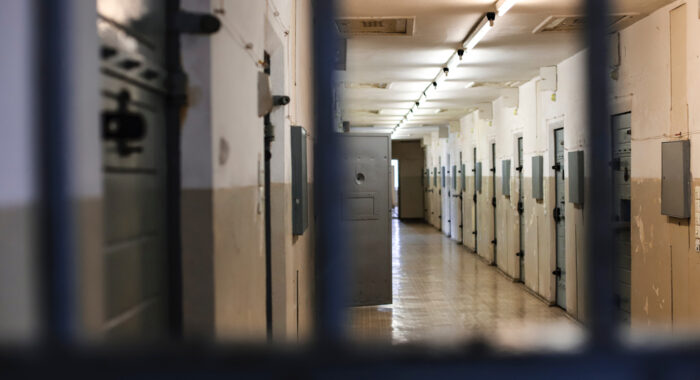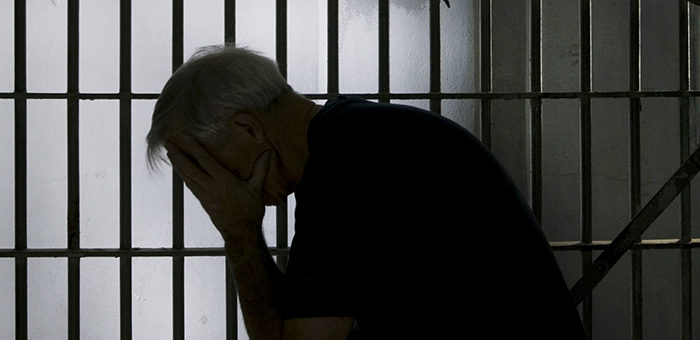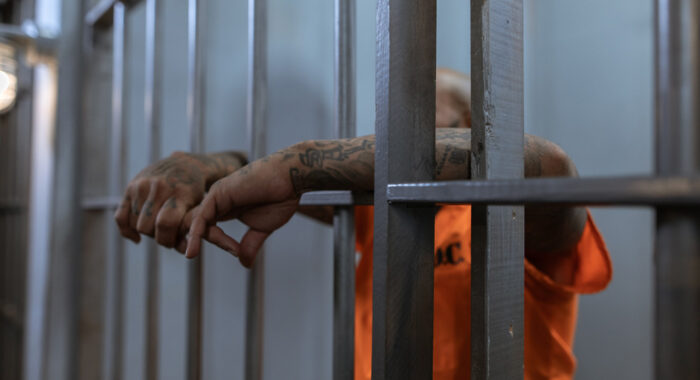
With support from President Trump’s administration and bipartisan backing, Congress adopted the First Step Act by large margins. This important, but limited prison and sentencing legislation is one of the final acts of the 115th Congress.
“The First Step Act responds to longstanding concerns that have been expressed by the National Association of Evangelicals and others about the overuse of incarceration and the destructive impact of prison life,” said Galen Carey, NAE vice president of government relations.
The measure strengthens rehabilitation programming in federal prisons, so that inmates are better prepared to be productive and law-abiding citizens upon release. It reduces some mandatory minimum sentences and prohibits the shackling of mothers in prison during childbirth. It also improves access by faith-based organizations and volunteers to serve inside federal prisons.
The reauthorization of the Second Chance Act, a law that provides funding and support for programs that help returning citizens reintegrate into society, is also included in the First Step Act. Congress designated April as Second Chance Month, and the NAE encourages its members to sponsor or join activities in April that bring attention to opportunities for ministries with ex-offenders.
The First Step Act applies only to the federal prison system. While some states have implemented similar reforms, many lag behind. Carey said, “While the First Step Act is an encouraging start to criminal justice reform, much more remains to be done to achieve policies that deter crime, keep communities safe, assist victims and rehabilitate offenders. We look forward to working with Congress and with others to continue improving our criminal justice system.”
The NAE has worked closely with Prison Fellowship and other ministries to build support for prison ministry and criminal justice reform. In 2017 we jointly issued the Justice Declaration, a statement of principles to guide criminal justice policy and programs. The NAE also has several resolutions on prison reform including Sentencing Reform 1983 and The Church’s Responsibility to Prisoners 1997.



 View All Updates
View All Updates 
















